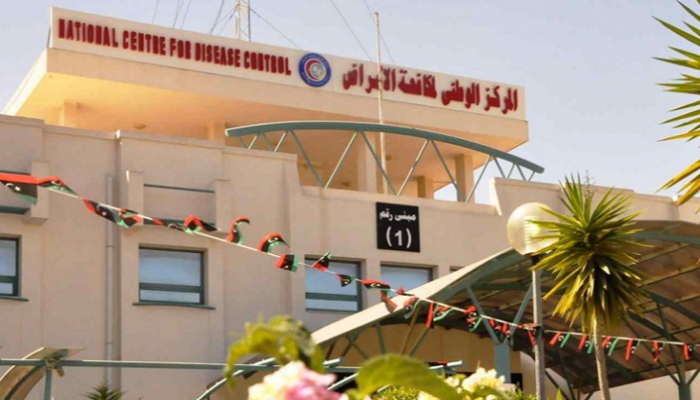Libya’s NOC: UAE has instructed Haftar to maintain blockade on oil exports
The Libyan National Oil Corporation (NOC) has condemned the renewed blockade on Libyan oil exports, saying it has been informed that the instructions to shut down production have been given to Khalifa Haftar’s forces by the United Arab Emirates (UAE).
“This is gravely disappointing, especially following repeated statements by very senior representatives of the UAE last week in support of international efforts to restart oil production in Libya.” NOC explained, calling in a statement on Sunday on the states responsible for this blockade to be held to account by the United Nations Security Council.
“NOC has been forced to declare force majeure on all oil exports from Libya to limit its contractual liabilities.” It added.
Libyan oil exports restarted on Friday with the loading of the oil tanker Kriti Bastion at Es Sider. However, Hafter’s forces ordered Saturday a halt to further exports, reversing their cooperative posture in negotiations.
“Wagner and Syrian mercenaries now occupy Es Sider oil port and Wagner and Sudanese mercenaries are camped within the vicinity of the Sharara oil field, preventing Libyan oil from flowing. NOC urges all mercenaries to withdraw from Libyan oil facilities.” It remarked.
NOC Chairman Mustafa Sanallah said they appreciate greatly the efforts of the United Nations, and the US to restart Libyan oil production and avert an escalation in the conflict.
“If these efforts fail, as it appears they will, there must be consequences for the actions of the handful of states that are undermining the rules-based international order and destroying Libya. They pose a grave threat to Libyan and global security.” Sanallah said.
He added that NOC’s position during the negotiations was clear, as it supports all measures to bring transparency to state financial arrangements, and it opposes any that undermine Libyan sovereignty.
“The renewed blockade demonstrates the urgent need for moves to improve financial transparency to be accompanied by reform of security at oil installations.” Sanallah indicated.
The spokesman for Haftar’s forces Ahmed Al-Mismari announced Saturday several conditions for the reopening of oil ports and fields, saying they allowed, upon Haftar’s orders, one vessel to load for the greater good of the nation, but will keep the blockade on exports and production in place until the conditions are accepted.
The conditions include opening a bank account in a foreign country to deposit oil revenues instead of Tripoli-based Central Bank of Libya in order to distribute them justly to all three regions of the country.







